Supreme Court: A Bench comprising of Rohinton F. Nariman and Navin Sinha, JJ. allowed criminal appeal filed against the judgment of Gauhati High Court whereby trial court’s decision convicting the appellant under Section 302 IPC was upheld.
The appellant was accused of murdering her husband. She was convicted by the trial court which was affirmed by the High Court holding that the present was a case of circumstantial evidence. The last seen theory established the presence of the appellant with the deceased at night. She was assailant of the deceased. Aggrieved by the judgment of the High Court, the instant appeal was filed.
The Supreme Court observed that mere invocation of the last seen theory, sans the facts and evidence in a case, will not suffice to shift the onus upon the accused under Section 106 of the Evidence Act, 1872 unless the prosecution first establishes a prima facie case. It was noticed that the courts below did not notice defence of the appellant under Section 313 CrPC. It was observed that Section 313 cannot be seen simply as part of audi alteram partem. It confers a valuable right upon an accused to establish his innocence and can well be considered beyond a statutory right as a constitutional right to a fair trial under Article 21 of the Constitution, even if it is not to be considered as a piece of substantive evidence, not being on oath under Section 313 (2). If the accused takes a defence after the prosecution evidence is closed, under Section 313 (1)(b) the Court is duty bound under Section 313(4) to consider the same. It was held that unfortunately in the instant case, complete non-consideration of the appellant’s defence caused prejudice to her. In facts and circumstances, the Court held that the guilt of the appellant was proved beyond reasonable doubt. Therefore, the appeal was allowed and the appellant was acquitted. [Reena Hazarika v. State of Assam,2018 SCC OnLine SC 2281, decided on 31-10-2018]



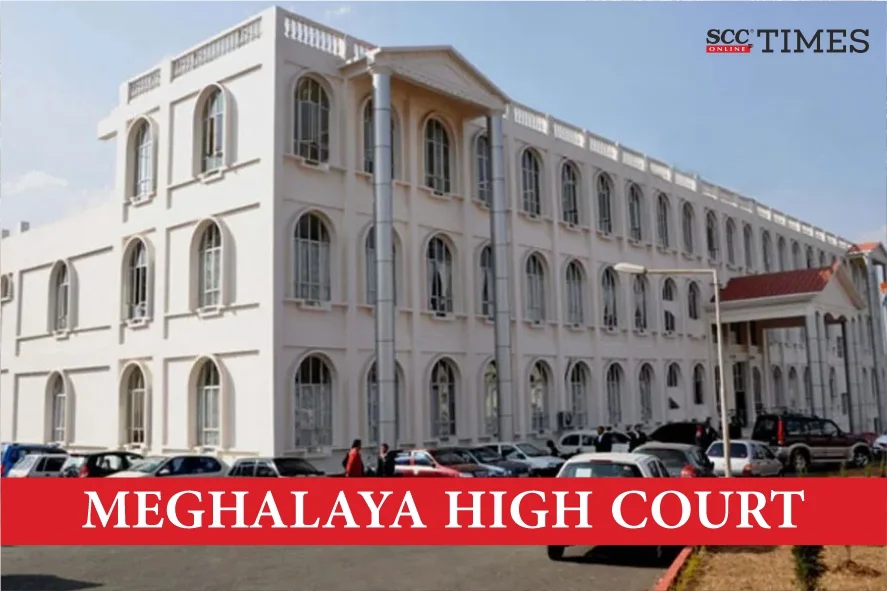
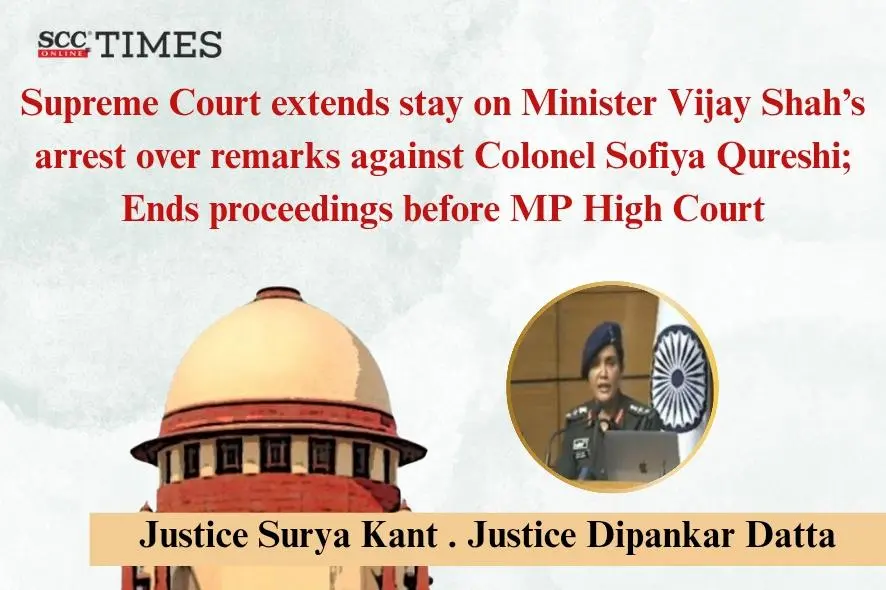
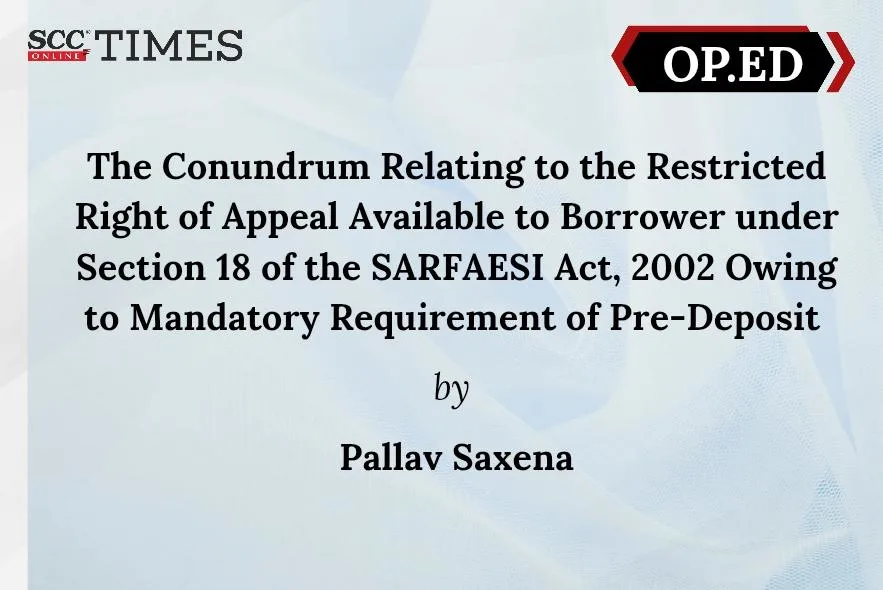
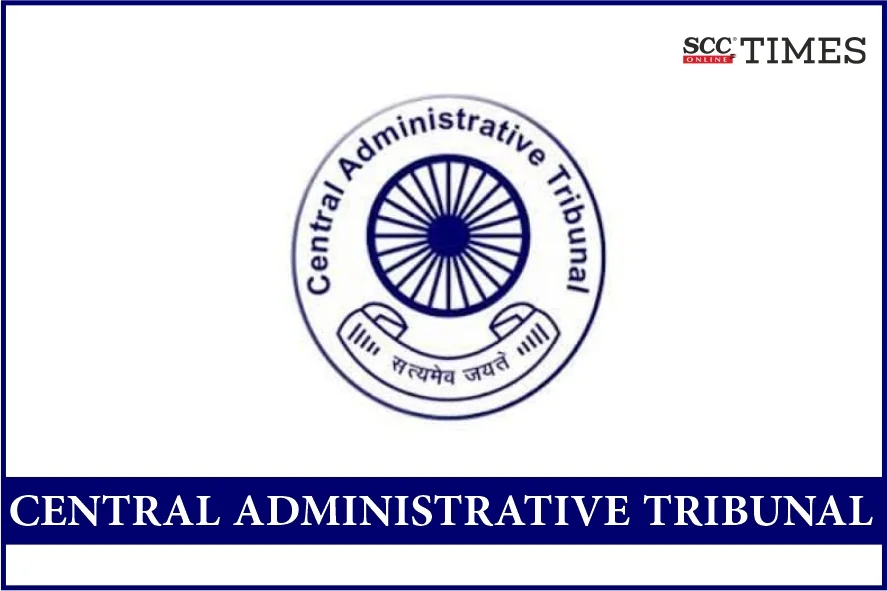
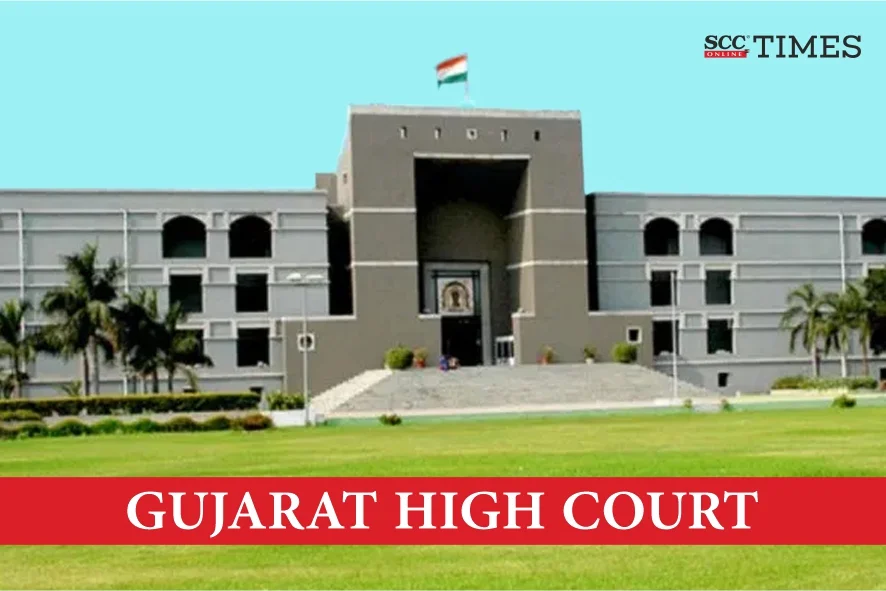





Yas it’s ok
I told you before, waise bhi larki hai, isiliye humare desh ke mamaneeye judge to unki hee tarafdaari karenge. I know I should not speak until unless I know the facts. But If our honorable Supreme court is right? Then who will pay for the pain and agony suffered by the lady? And what the session court and High Court Judges were doing? It shows how our system makes somebodies life hell. And how under this weak system people get screwd. Think about how much money was paid to the different lawyers in all three courts from top to bottom? Very Nice. It means the Investigation Officers were fools and the government paid them unneccerally. Whatever I can pray only if the lady is innocent it is done good by the honorable court but if not then…………………………………………….